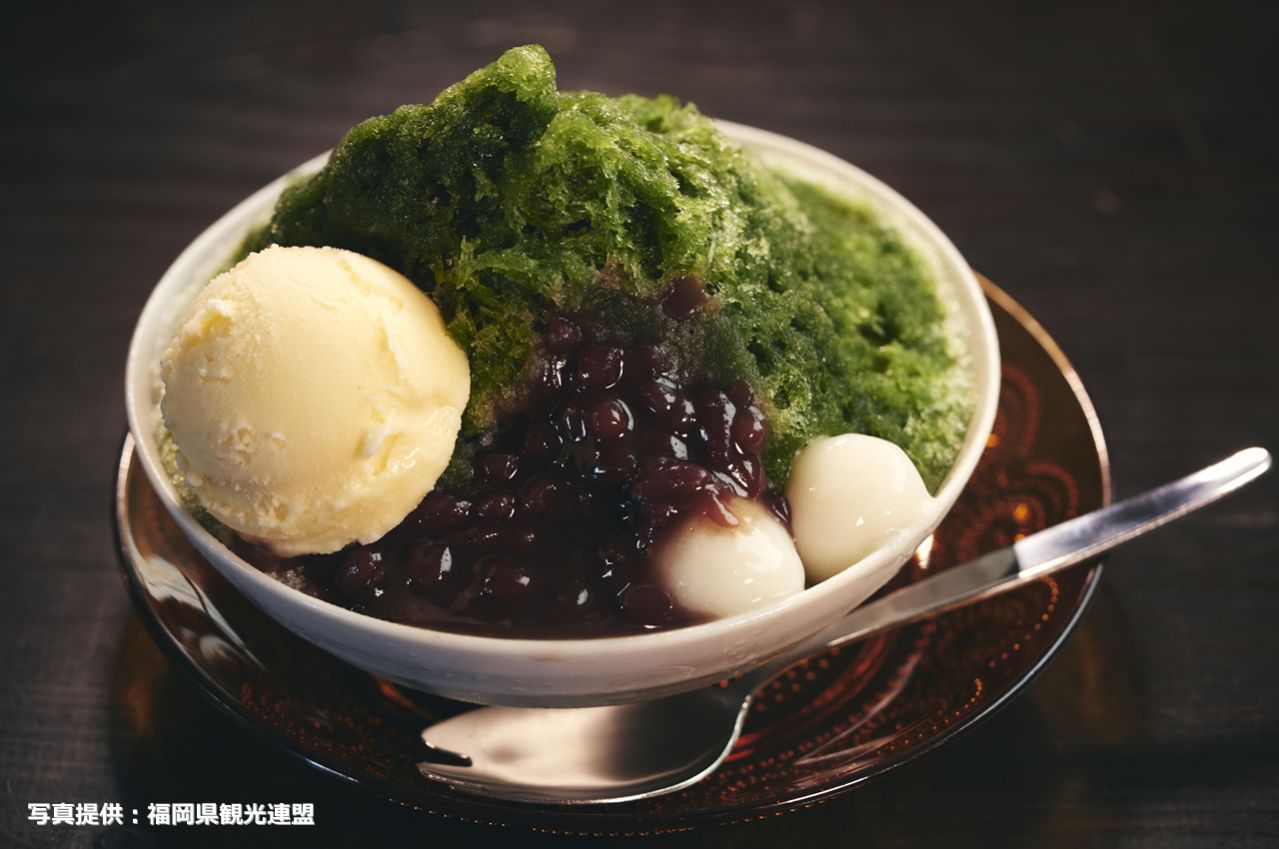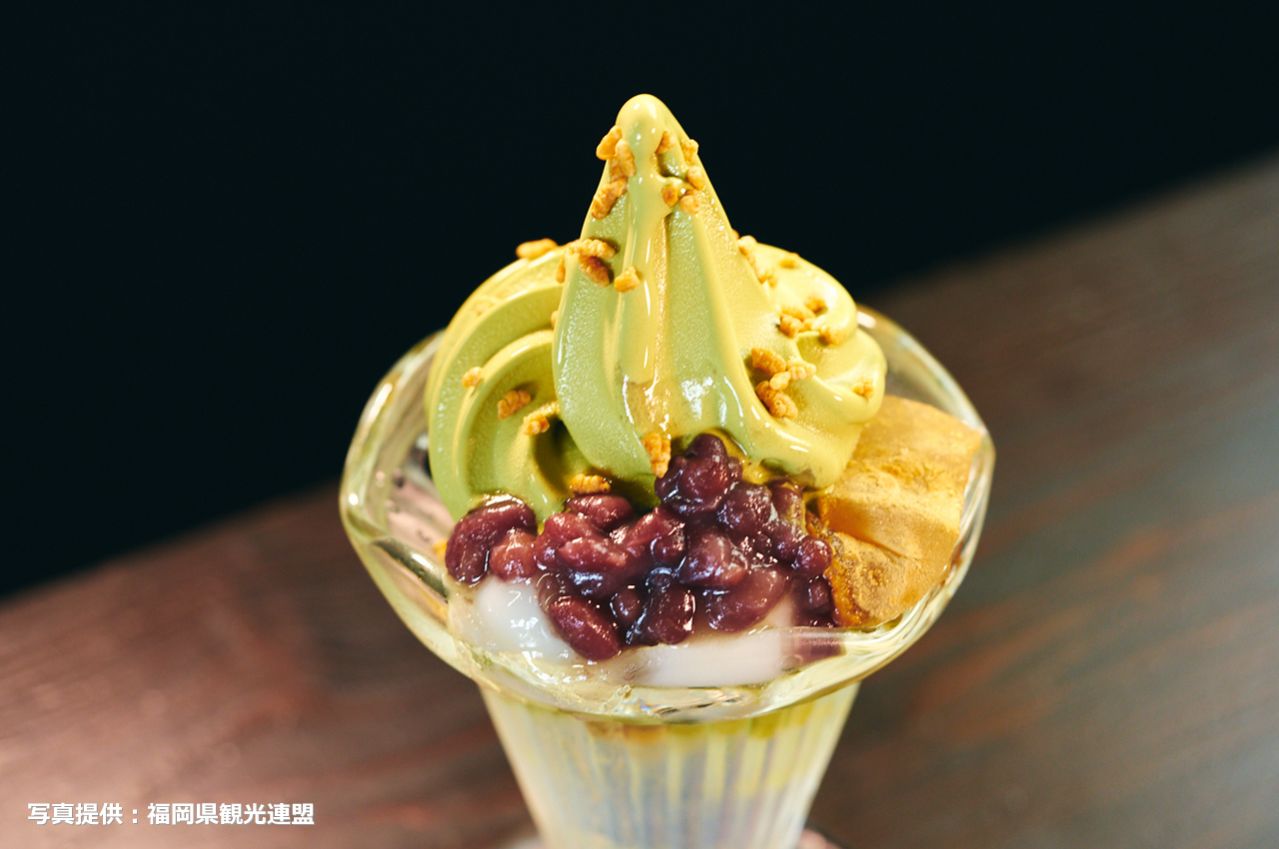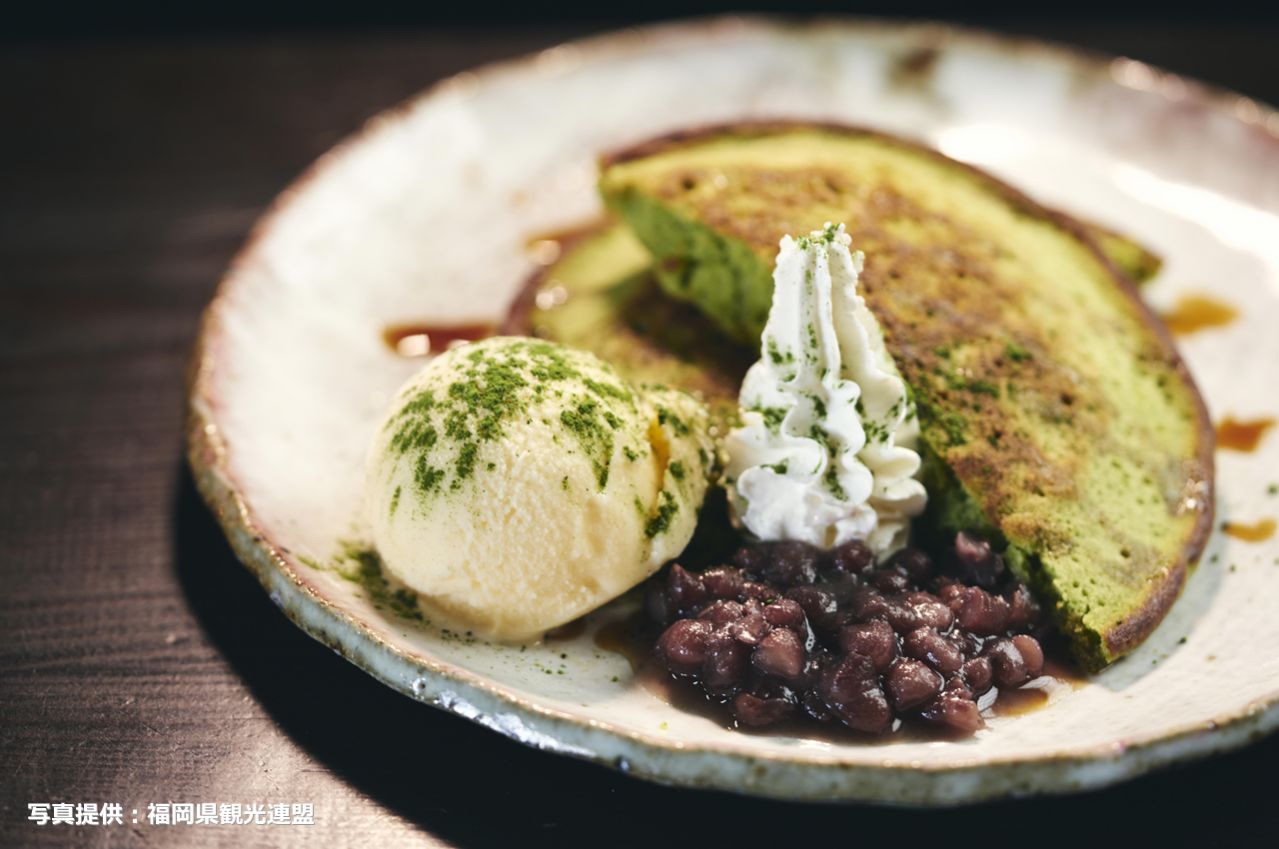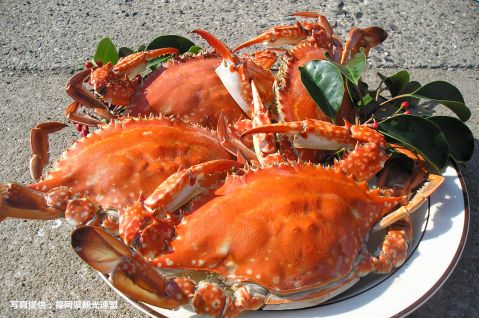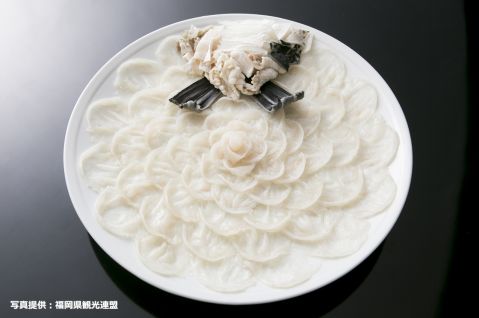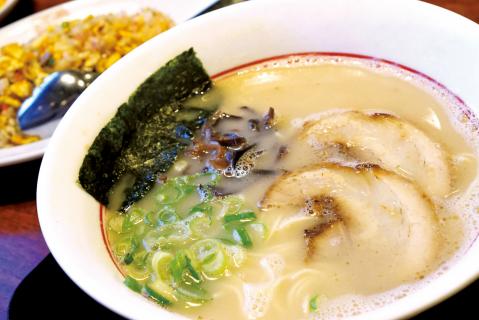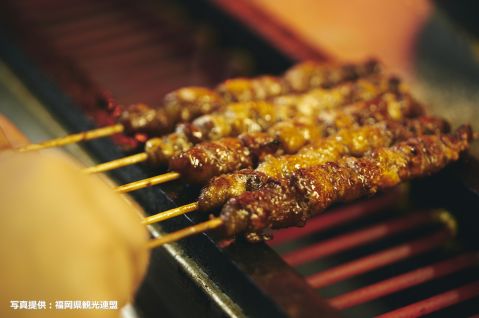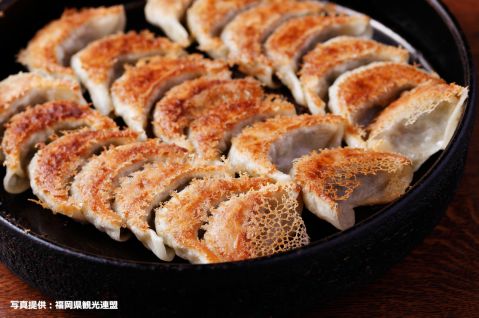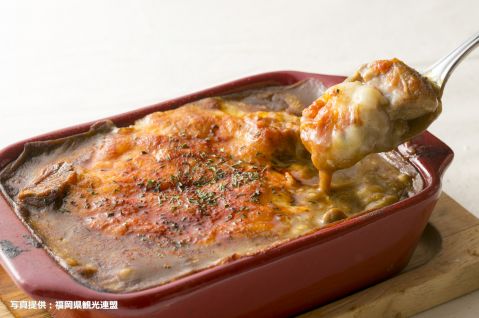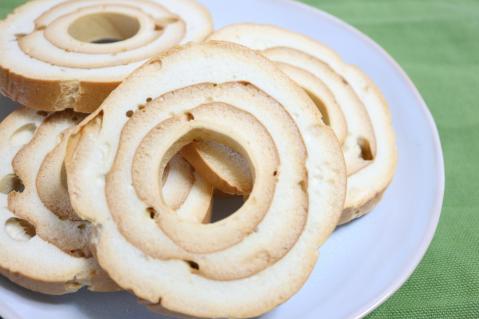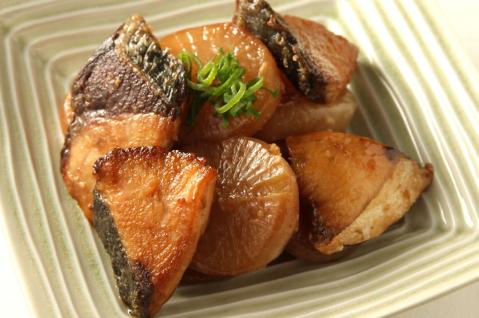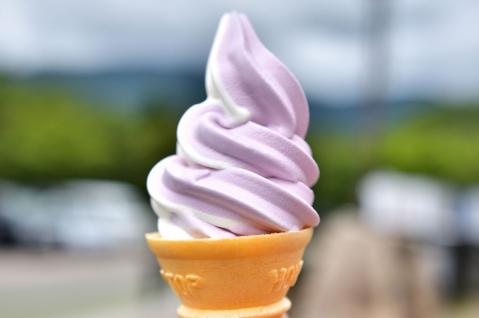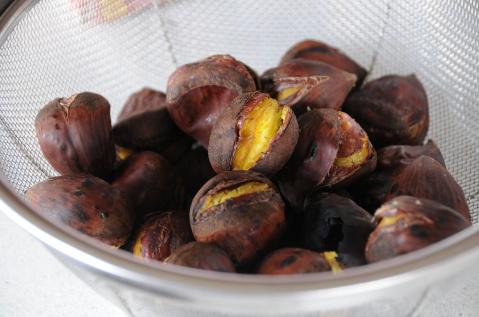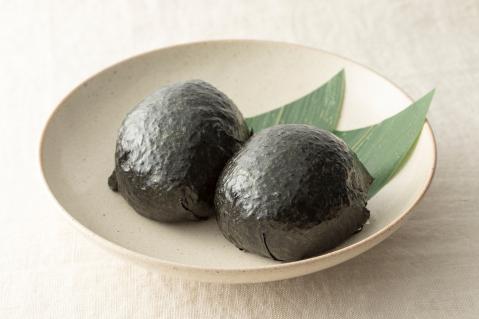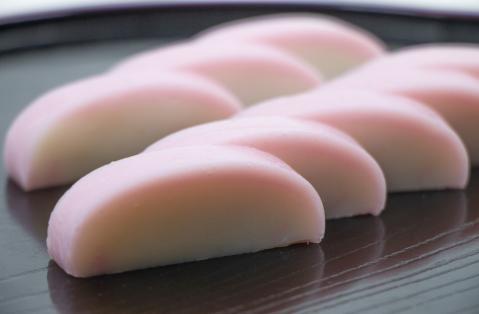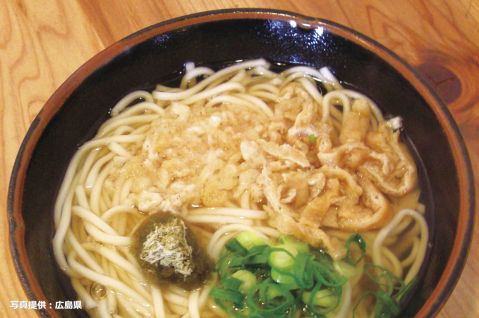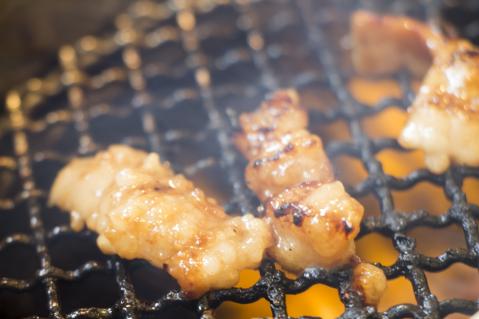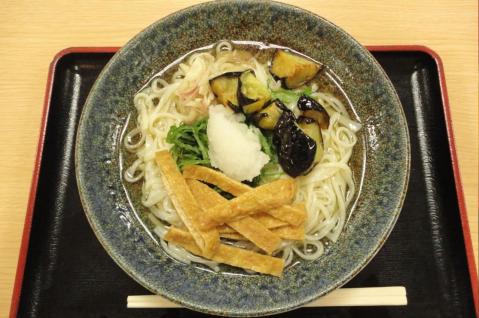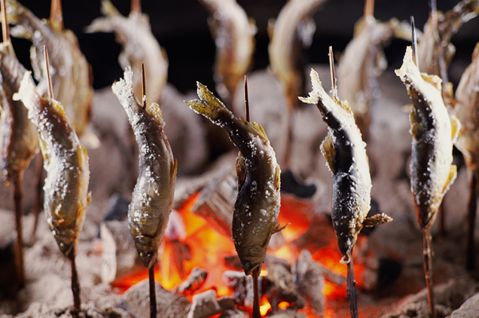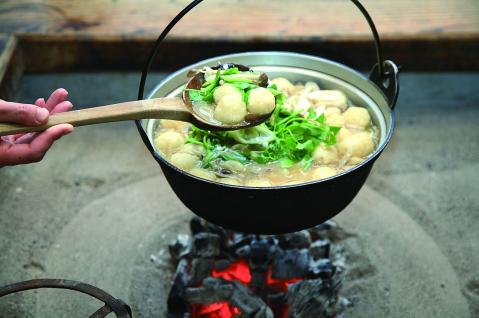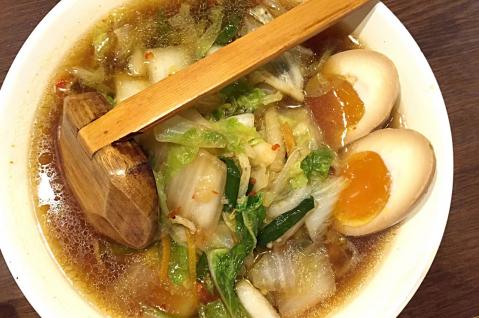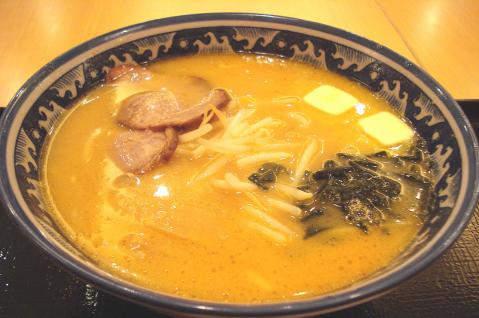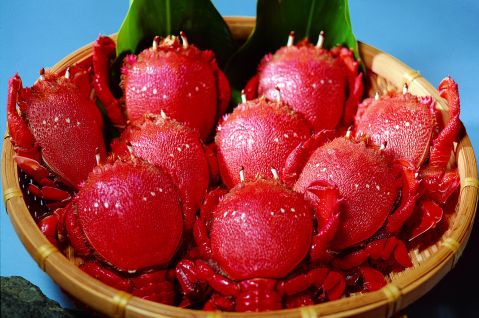Yame Tea Sweets
Rich sweetness with a deep, savory flavor
About Yame Tea Sweets
Yame Tea Sweets are crafted using Yame Tea (八女茶, Yame-cha), which has roots tracing back to 1423 when a monk named Shuzui established Reigan-ji Temple and introduced tea cultivation to the region. Yame City and its surrounding areas are known for their "cool and rainy" climate, an ideal environment for growing Japanese tea.
Yame Tea is celebrated for its rich sweetness, deep umami flavor, and refreshing aftertaste. In the Yame region, traditional methods are carefully preserved—new tea buds are covered with rice straw instead of synthetic materials. While the typical shading period for tea cultivation is two weeks, Yame Tea is shaded for about 20 days. This extended shading process prevents the theanine, a key component of umami, from transforming into catechins or caffeine under sunlight. The result is tea with a uniquely rich sweetness and deep flavor, perfectly captured in these delightful sweets.
Related videos
Reviews
There are no reviews yet.
